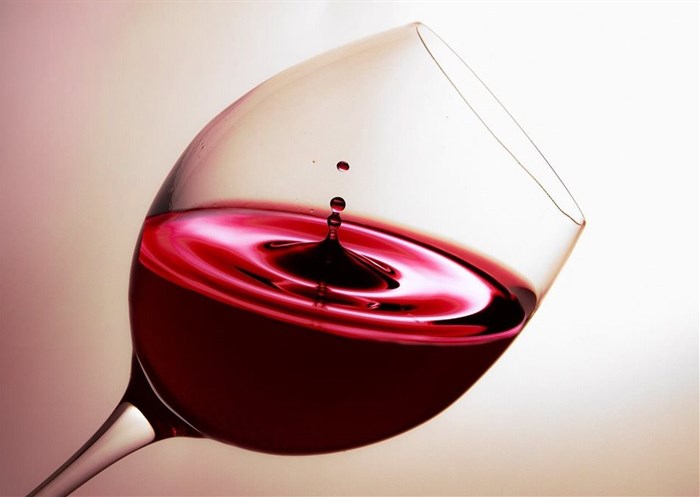The Finance Minister's amendment to the Customs and Excise Act and Vat Act banning the duty-free sale of alcohol and tobacco products to foreign diplomats is a turning point in the enforcement of stricter measures on curbing the illicit trade of alcohol. The South Africa Liquor Brands Association (Salba) welcomes this ruling and encourages more decisive action of this nature.
The 4 October 2023 Constitutional Court ruling to amend the act will put an end to the illegal trading of duty-free products by diplomats. The South African Revenue Services (Sars) estimates that this illicit trade resulted in a loss of revenue to the fiscus, of more than R100m a month.
The illicit trade of alcohol by volume currently represents 22% of the South African alcohol market, making it the second largest contributor to the local industry. The illicit trade of alcohol by volume[1] currently represents 22% of the South African alcohol market (from 13% in 2012), making it the second largest “category” in the local alcohol industry.
The illicit trade of alcohol poses significant threats as it does not comply with official regulatory standards and more importantly results in significant losses for the fiscus due to tax non-compliance. South Africa’s market for illicit alcohol is historically large, with SARS estimated to be losing out on R11 billion in excise tax revenue a year due to the illicit liquor trade.
Salba confirmed the integral role the industry plays in terms of its contribution to employment and state revenue collection. Based on 2019 data, the legal liquor industry supported roughly a million livelihoods and contributed R173 billion to the Gross Domestic Product (GDP), including the payment of R72bn to the fiscus in indirect taxes.
The Constitutional Court ruling is momentous: it signals a turning point in the states stance on curbing illicit activities in the areas of alcohol trade, and will serve to restore levels of trust and cooperation between the state and the industry. It also demonstrates the sixth administration’s commitment in implementing steps to improve the country’s ability to tackle illicit trade, signifying the government's ambition and resolve to root out this illegal activity.
Decisive action, legislative support and cooperation are essential in ensuring that the illicit trade of liquor is adequately addressed. The impact of Covid-19 prohibition measures had the unintended consequence of increasing the market share of illicit alcohol trade, which, as things currently stand, will continue to pose significant challenges for both industry and the state’s revenue collection framework.
Salba welcomes this ruling and encourages more decisive action of this nature. The association further affirms its continued support for the Ministry, Sars and law enforcement.


































